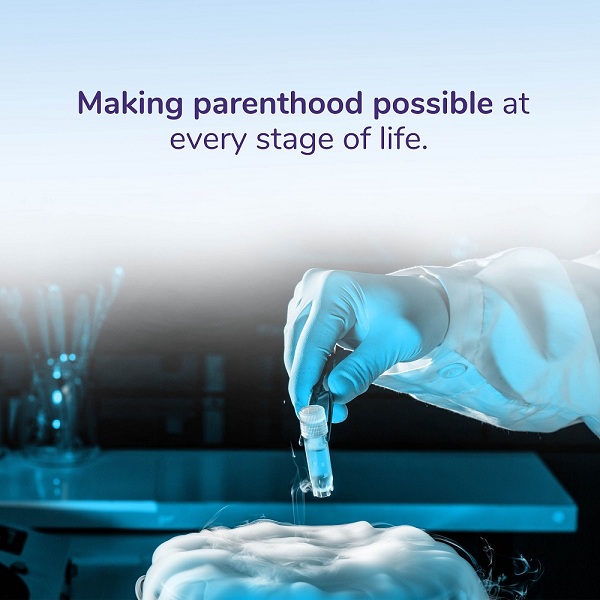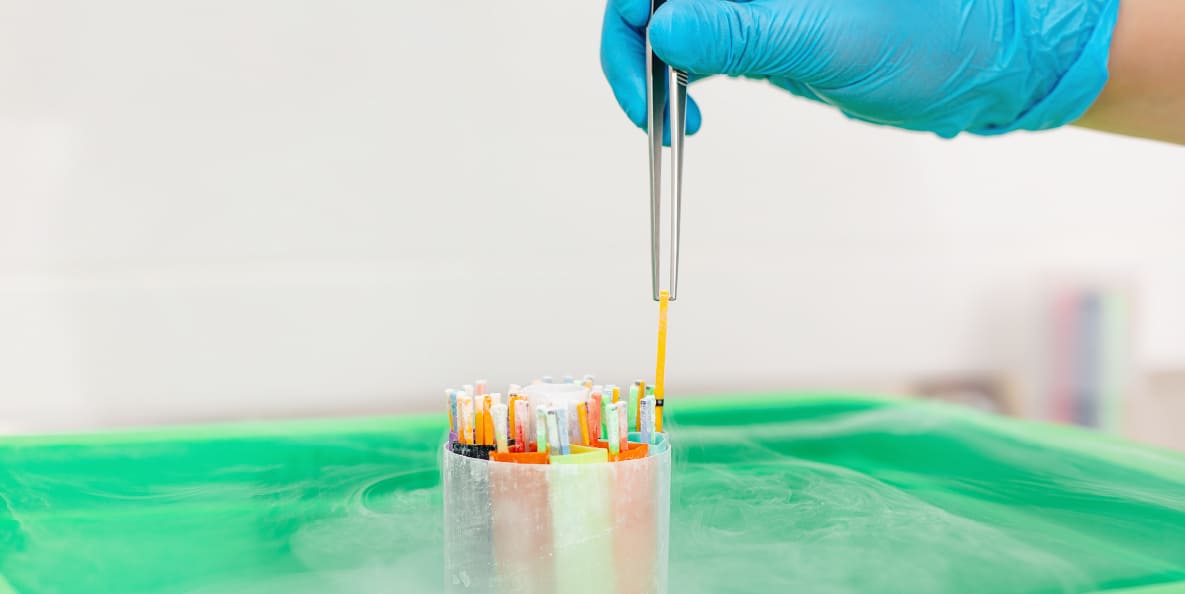
Cryopreservation
Cryopreservation
When and at what age a couple wants to have a child does not have to be limited because of a biological clock. Cryopreservation given couples the choice to have a child at a later stage in their life as well. This process can help people preserve fertility and let couples get pregnant any time in the future. Cryopreservation is the process of freezing eggs, sperm, or embryos to sub-zero temperatures for later use. When the eggs, sperm or embryos are needed, they are thawed and fertilized or used in a fertility treatment cycle.
At BirthRight Fertility by Rainbow Hospitals, a team of expert fertility specialists and latest technology makes the process of cryopreservation seamless and as painless as possible. We provide comprehensive care to couples who opt for cryopreservation and that is supported by our highly-experienced team of fertility specialist and allied services. Our advanced facilities, research-based testing methods, and world-class specialists enable us to offer high-quality care for couples even in the most complex cases.
- Two methods can be used for cryopreservation at IVF labs: vitrification and slow freezing. In recent years, vitrification has become highly popular and has been used more increasingly because of the benefits it offers, including low risk of cell damage.
- It is possible to freeze the embryo at any point prior to the blastocyst stage. The blastocyst stage occurs 5-7 days after fertilization. Before freezing the embryos, a cryoprotectant solution is used for lowering the freezing point of the embryo. This step is necessary for preventing ice crystals from forming inside the cells, which might cause damage.
- Frozen embryos are known to be extremely resilient. They remain frozen safely for extremely long durations. Around 2/3rd of embryos do not get harmed from freezing and thawing. There have even been cases of frozen embryos from 20 years ago being used to help couples get pregnant successfully.






 1.png)







.png)














.png)
